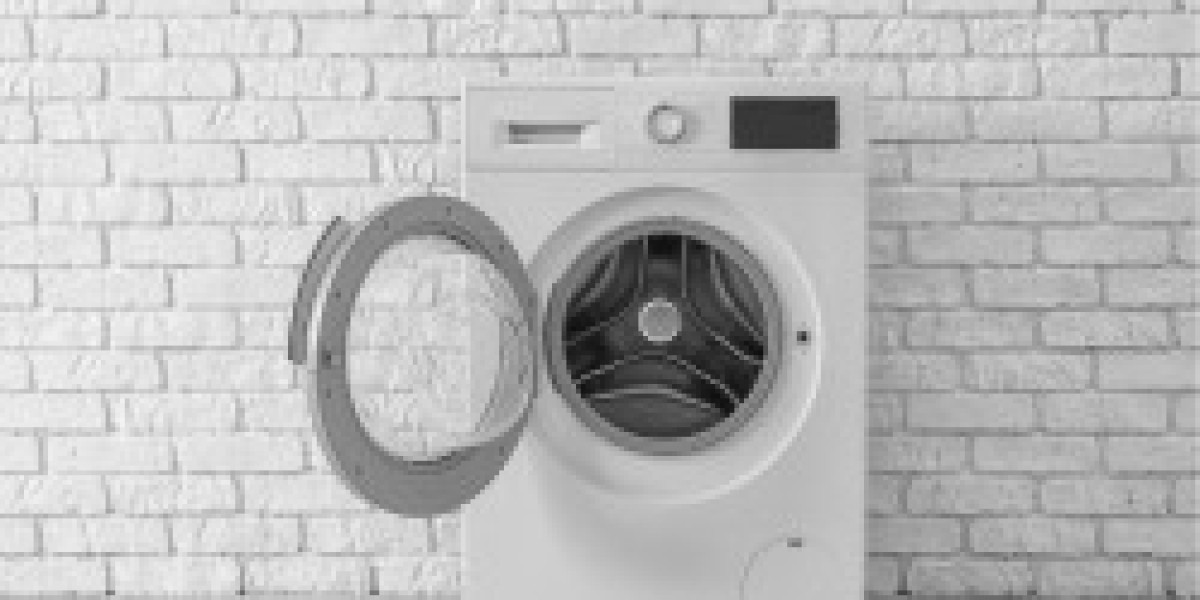An SS ball valve, also known as a stainless steel ball valve, is a type of valve widely used in industrial fluid control systems to regulate, control, and shut off the flow of liquids and gases. In this response, we will explore what an SS ball valve is, its components, how it functions, its advantages, and its applications in various industries.
An SS ball valve consists of a ball-shaped disc with a bore through it and a cylindrical or spherical body. The ball has a hole or a port in the center, which aligns with the pipeline to allow the flow of fluid when the valve is open. The valve is operated by a lever, handle, or actuator that rotates the ball to either open or close the flow pathway.
Here is how an SS ball valve functions as a reliable and versatile component in industrial fluid control systems:
Flow Control: The primary function of an SS ball valve is to control the flow of fluids. When the valve is open, the ball rotates to align the bore with the pipeline, allowing the fluid to flow freely. Conversely, when the valve is closed, the ball is rotated to block the flow path completely, preventing the fluid from passing through. The 90-degree rotational motion of the ball provides a quick and efficient way to control the flow, allowing for precise adjustment and shut-off capabilities.
Sealing Mechanism: SS ball valves incorporate a sealing mechanism that ensures a tight seal when the valve is closed, preventing any leakage or loss of fluid. The sealing mechanism usually consists of resilient seat materials, such as PTFE (polytetrafluoroethylene) or other elastomers, that are in contact with the ball when closed. These materials provide excellent sealing properties, ensuring reliable performance and preventing leakage in both high-pressure and low-pressure applications.
Durability and Corrosion Resistance: Stainless steel, the material used to construct SS ball valves, offers excellent durability and corrosion resistance. It can withstand harsh operating conditions, high temperatures, and corrosive environments, making SS ball valves suitable for a wide range of industrial applications. The corrosion-resistant properties of stainless steel ensure the longevity and reliability of the valve, even when exposed to aggressive fluids or challenging operating conditions.
Versatility: SS ball valves are highly versatile and can be used with a wide range of liquids and gases, including water, oil, gas, chemicals, and various process fluids. They are suitable for both high-pressure and low-pressure applications, making them adaptable to different industries and fluid control systems. The ability to handle various media and pressures makes SS ball valves a popular choice in industries such as oil and gas, chemical processing, pharmaceuticals, food and beverage, water treatment, and HVAC (heating, ventilation, and air conditioning).
Quick and Easy Operation: The design of SS ball valves allows for quick and easy operation. The rotational motion of the lever, handle, or actuator provides a simple mechanism to open or close the valve, allowing for rapid response and easy manual operation. Additionally, SS ball valves can be automated using pneumatic or electric actuators, enabling remote control and integration into automated systems for efficient operation.
Minimal Pressure Drop: SS ball valves offer a relatively low pressure drop compared to other types of valves. The full-bore design of the valve, where the bore diameter is the same as the pipeline, allows for a smooth flow path with minimal restriction. This design feature minimizes the pressure loss across the valve, ensuring efficient fluid flow and reducing energy consumption in the system.
Reliability and Maintenance: SS ball valves are known for their reliability and low maintenance requirements. Their robust construction and durable materials make them resistant to wear, ensuring a long service life. Routine maintenance typically involves inspecting and lubricating the valve components and replacing worn-out seals or gaskets. The simplicity of the design and the availability of spare parts make maintenance activities straightforward and cost-effective.
In conclusion, an SS ball valve is a reliable and versatile component in industrial fluid control systems. Its function is to control the flow of liquids and gases by rotating a ball-shaped disc to either open or close the flow path. The sealing mechanism ensures a tight seal when closed, preventing leakage. The use of stainless steel as the primary material provides durability, corrosion resistance, and versatility in handling various fluids and pressures. The quick and easy operation, minimal pressure drop, reliability, and low maintenance requirements make SS ball valves a popular choice in industries where fluid control is crucial. From oil and gas to chemical processing, water treatment to HVAC systems, SS ball valves play a vital role in ensuring efficient and reliable fluid flow control.



